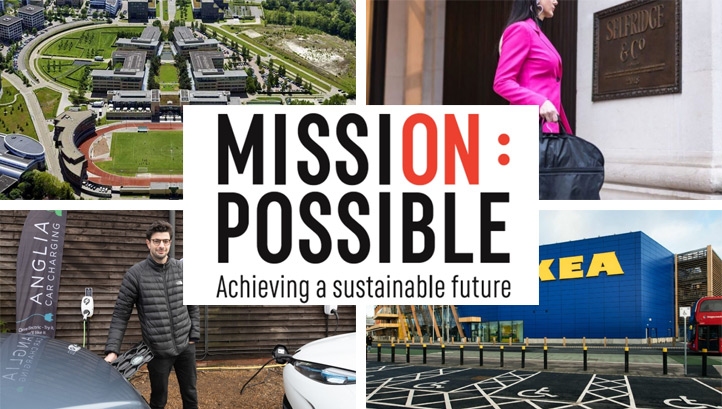As part of our Mission Possible campaign, edie brings you this weekly round-up of five of the best sustainability success stories of the week from across the globe.
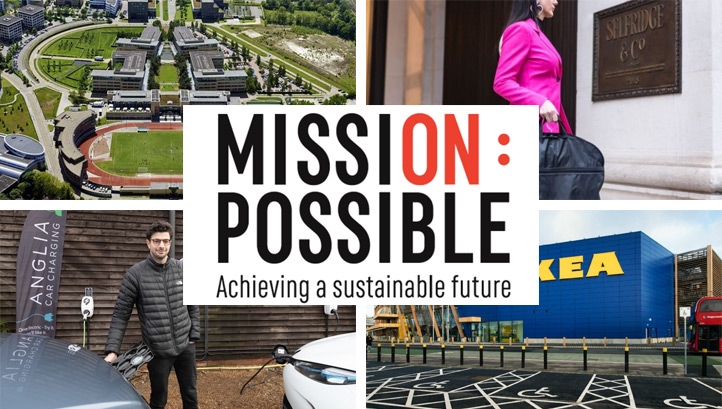
This weekly round-up explores how businesses across the world are ramping up efforts across all areas of sustainable development
Published every week, this series charts how businesses, city leaders and sustainability professionals are working to achieve their ‘Mission Possible’ across the campaign’s five key pillars – energy, resources, mobility, built environment and business leadership.
From a partnership aimed at bringing 400 electric vehicles (EV) charging points to the public in Suffolk, to the opening of Ikea’s new “leading sustainable” store in south London, each of these projects and initiatives is empowering businesses, local authorities and governments to achieve a sustainable future, today.
ENERGY: Nike makes its first European renewable purchase agreement
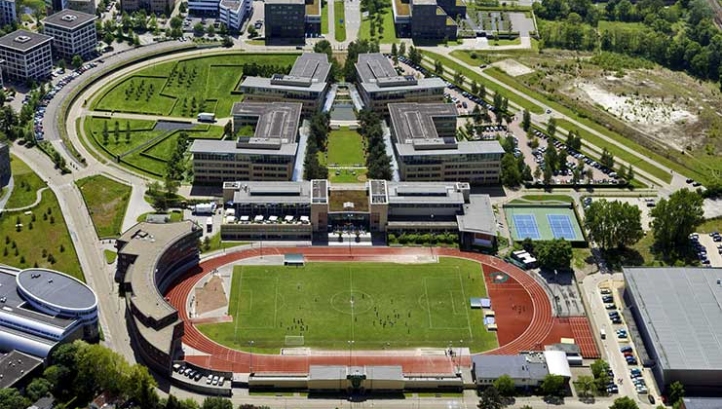
After signing an agreement with a Texan wind farm to power the company’s entire North American operations with renewables last year, Nike this week announced the completion of its first corporate renewable power purchase agreement (PPA) in Europe.
Under the deal, energy firm Iberdrola will supply Nike’s European factories and stores with 40MW of clean power from the Cavar wind complex in Navarra every year, once the facility comes online in 2020. The wind farm comprises of four projects with a total capacity of 200MW.
Nike’s chief sustainability officer Noel Kinder said the agreement with the Spanish wind farm has pushed Nike past the 75% mark as it strives to source 100% renewable power globally by 2025 – an aim the sportswear firm set after joining the RE100 initiative last year. As an interim target, the firm has pledged to achieve 100% renewable status across Europe by 2020.
RESOURCES: Selfridges launches recycled suit bags made with plastic bottles
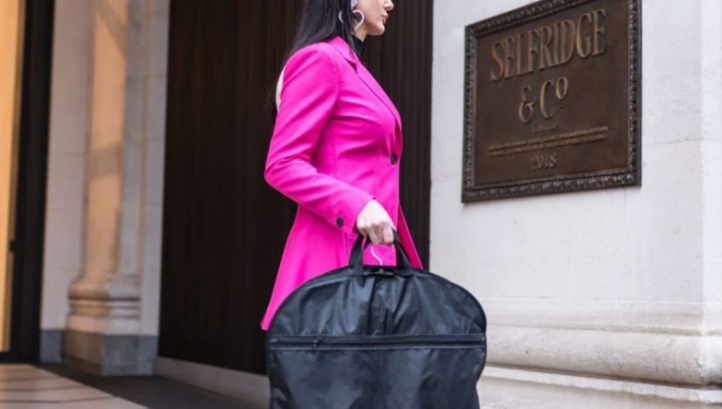
From Adidas’ ocean plastic trainers to Corona’s recycled beach bottle shirt, more and more companies are moving to design products incorporating a high proportion of recycled content. Following in the footsteps of Marks & Spencer (M&S), which last year launched reusable bags made with ocean-bound plastic, Selfridges has rolled a range of garment covers made with 100% post-consumer recycled (PCR) plastic to all its UK stores.
Produced in partnership with bag manufacturer Jutexpo, the reusable bags will be given free-of-charge to customers buying items such as luxury suits, coats and dresses. Each one is made using up to 12 500ml plastic bottles, which are recycled into a waterproof thread before being woven and pressed.
The innovative bags were rolled out across all of Selfridges’ UK stores on Monday (4 February), following a successful month-long trial at its flagship London store during January. The retailer estimates that more than 222,000 plastic bottles will be recycled into bags under the scheme within the next six months.
“As signatories to the Ellen MacArthur Foundation’s Global Commitment on plastics, Selfridges is delighted to support new innovation that slows plastic pollution – and this garment bag is a great way of sharing this message with our customers and brand partners,” Selfridges’ sustainability director Daniella Vega said.
MOBILITY: Suffolk County Council launches UK’s first ‘fully open’ EV charging network
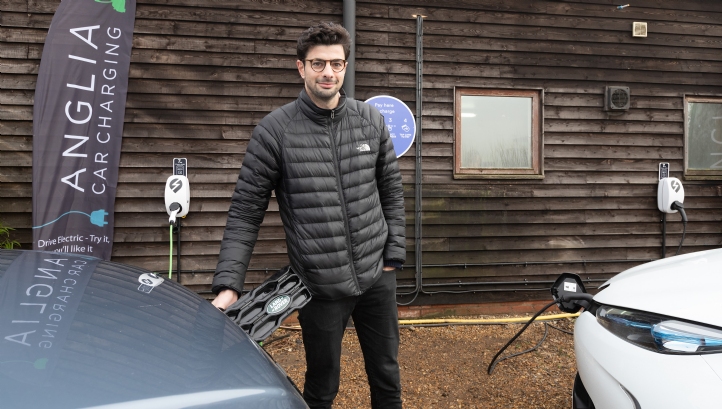
Over the past few months, several studies showing that the growth of the UK’s electric vehicle (EV) market is beginning to outstrip the provision of charging infrastructure have been published. In a bid to bridge this vehicle-infrastructure gap, Suffolk County Council has teamed up with charger manufacturer EO Charging and renewable energy firm Bulb to launch a network of 400 charging sockets across the region.
The charging points will be installed at 100 places of interest and businesses across Suffolk, with users encouraged to find their nearest facility using a digital, council-funded map. Using the 7kW charge points, which will be installed by the end of the year, will not require customers to sign up or become members of any organisation. Suffolk County Council claims that this feature is a first in the UK.
“Suffolk’s existing charging infrastructure is simply not fit for purpose if we are to see the mass adoption of EVs across the county,” EO Charging’s founder and chief executive Charlie Jardine said.
“The ‘Plug In Suffolk’ network will play a vital role in increasing the density of publicly available fast EV chargers and will ensure that driving electric in Suffolk is hassle-free, because charging should be as easy as buying groceries.”
BUILT ENVIRONMENT: Ikea UK opens its ‘leading’ sustainable store in Greenwich
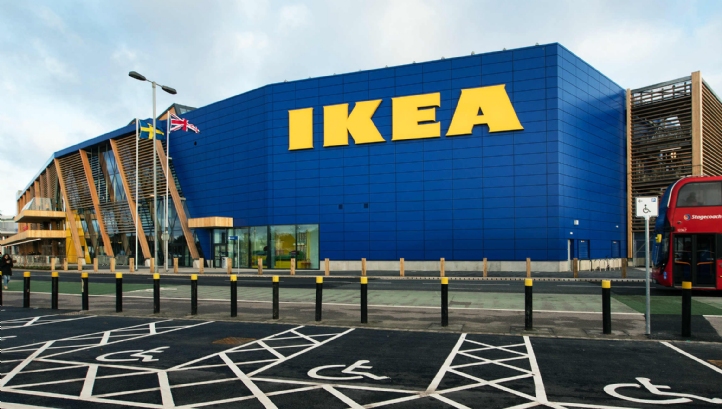
For reasons spanning from its commitment to generate more renewable power than it consumes worldwide, to its progress towards fleet electrification for last-mile deliveries, Ikea often features in these round-ups as a sustainability leader in the retail space.
After four years of planning and development, the retailer this week opened its new Greenwich store, which has been touted as its “most sustainable” in the UK to date. The 32,000sqm store has been designed with an array of built-in sustainability features, including ground-source heat pumps; rainwater harvesting systems and greywater treatment; 100% LED Lighting; passive daylighting and EV charging points. It also benefits from an outdoor wildlife park, active greenhouse and rooftop solar array.
Ahead of the £100m store’s opening on Thursday (7 February), Ikea confirmed that the building had achieved BREEAM ‘Excellent’ status. The firm has now applied for the building to be judged against the body’s ‘Outstanding’ standard. If successful, the building will become the first retail location to receive this certification.
“Sustainability is in the DNA of the business,” Ikea UK and Ireland’s country sustainability manager Hege Sæbjørnsen said. “If we are going to be around for another 75 years, it is essential that it is embedded in everything we do, from how we design and build stores to what happens to our products at the end-of-life stage.”
Edie’s editorial team were recently taken on a tour of the new Ikea store, ahead of its opening. You can read our insight into that experience here.
BUSINESS LEADERSHIP: Verizon enters green bond market with $1bn deal
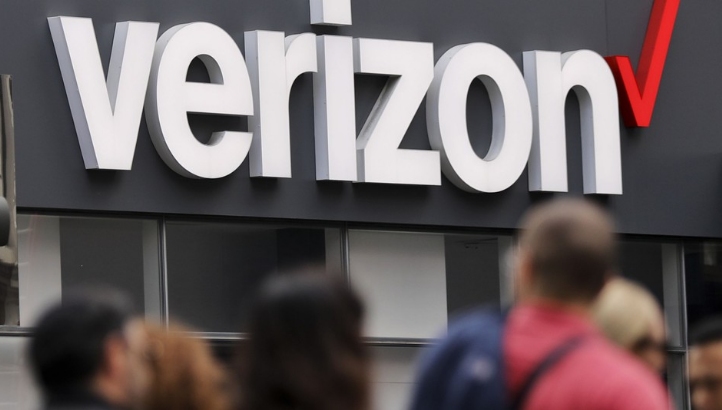
The green bonds market grew 78% between 2016 and 2017, with national and institutional investors funnelling more than $150bn into low-carbon projects during that 12-month period. In 2017-2018, that figure stood at $167bn.
Building on this growth, US-based telecoms giant Verizon this week entered the green bond market for the first time, with the issuance of $1bn of 10-year green bonds. The bonds will be used to finance large-scale solar and wind projects, hydrogen fuel cell electricity production facilities and onsite renewable generation arrays across Verizon’s estate.
Verizon’s chief sustainability officer Jim Gowen said the move was “a real game-changer” for the firm, which employs 152,000 people and serves 4.6 million customers across the US.
“The whole goal of this new bond was to focus on a new, unique funding source,” he told Fortune. “This really opened up a whole new investor base and funding source for us.”
The announcement came shortly after BlackRock published its annual global insights report, which documents the success of dedicated sustainable funds across the US and Europe. The document states that impact investment and green finance products are “going mainstream” and ceasing to be classed as a “niche” area.
Sarah George

